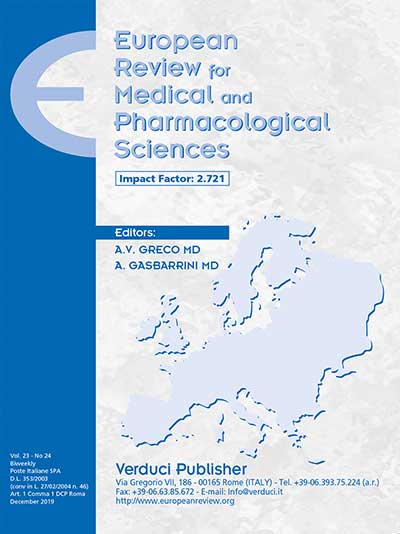Authors:
G Ranaldi, S Ferruzza, F Natella, V Unfer, Y Sambuy, G MonastraAbstract
Objective: This study aims to characterize in vitro D-chiro-inositol intestinal absorption and identify factors able to improve its bioavailability. D-chiro-inositol, one of the natural occurring stereoisomer of myo-inositol, acts as a second messenger in insulin-regulated glucose metabolism in complementary mode with myo-inositol. Because of their insulin-mimetic activities and safety, both myo-inositol and D-chiro-inositol are often employed as supplements in insulin-resistance treatment.
Materials and methods: Trans-epithelial passage of D-chiro-inositol was evaluated in the human intestinal Caco-2 cell line differentiated on filter, a widely established in vitro model to study intestinal absorption. D-chiro-inositol transport was assayed in a concentration range corresponding to an estimated in vivo concentration following oral supplementation. α-Lactalbumin peptides, obtained by in vitro simulated gastrointestinal digestion, were tested as possible modulators of the intestinal permeability of D-chiro-inositol.
Results: The absorption of this stereoisomer was relatively low and presumably due to passive diffusion, while it was greatly enhanced by the presence of α-Lactalbumin digest. α-Lactalbumin peptides induced an increase in paracellular permeability that was completely reversible, indicating lack of cytotoxicity. This effect involved temporary rearrangement of F-actin apical cytoskeleton and of the tight junction protein ZO-1.
Conclusions: Although further studies are required to identify and characterize the most effective peptides, the ability of α-Lactalbumin digest to act as absorption enhancers may have very interesting and promising applications in the fields of nutritional supplements and pharmacology.

